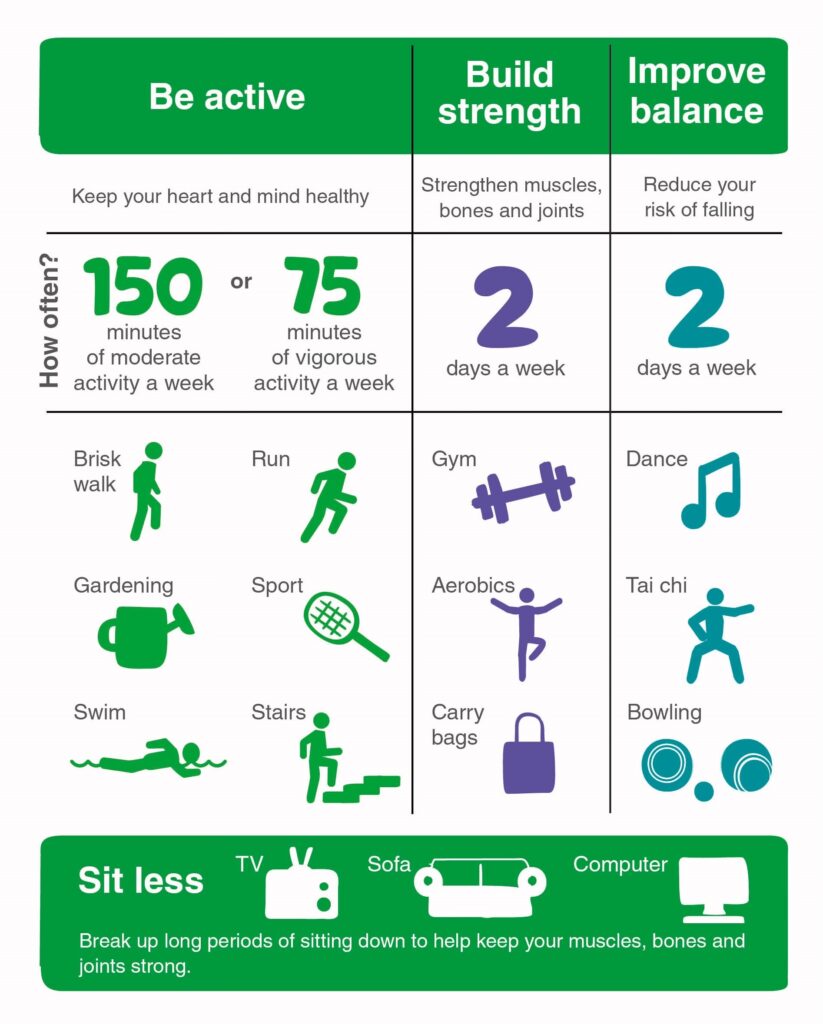
A new study in the British Journal of Sports Medicine shows that exercise can counteract the adverse side-effects associated with treatments for cancer.
- Exercise reduced heart and peripheral nerve damage associated with chemotherapy, brain fog (cognitive impairment), shortness of breath (dyspnoea), improved sleep quality, and enhances psychological well-being
- Individuals undergoing treatment for breast or prostate cancer often experience weight gain or obesity. Exercise helped manage obesity, improved body composition, and regulated physiological biomarkers such as insulin, C-reactive protein and adiponectin
- There was also evidence that pre-operative exercise reduces the risk of post-operative complications, pain, length of hospital stay, and risk of death
- HIIT (high intensity interval training), aerobic exercise, and resistance exercise significantly improved body strength and aerobic capacity, with HIIT notably alleviating cancer-related fatigue and pain

